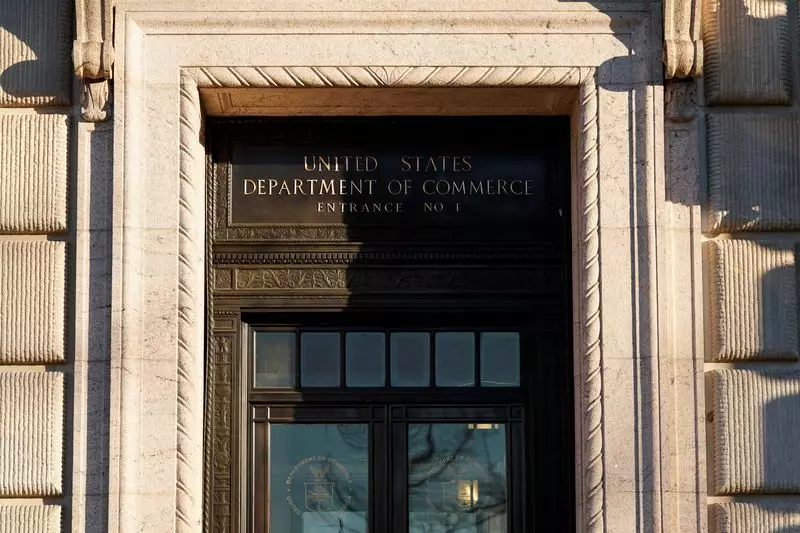The U.S. Commerce Department is set to introduce regulations that would prohibit the use of Chinese software in autonomous and connected vehicles in the near future. This move is motivated by national security concerns, as the administration believes that Chinese-developed software poses a risk to the safety and security of vehicles operating in the United States. Under these proposed rules, vehicles with Level 3 automation and above would be required to eliminate any Chinese software components, effectively banning the testing and operation of autonomous vehicles from Chinese manufacturers on U.S. roads.
Should these rules come into effect, automakers and suppliers would need to conduct thorough audits of their software systems to ensure that none of the code was developed by entities identified as threats to U.S. national security. This would require a significant investment of time and resources from the industry as they work to comply with the new regulations. Additionally, the rules may impact the supply chain for connected vehicles, as software components from foreign entities of concern, such as China, would need to be replaced with alternatives deemed safe by the Commerce Department.
The Chinese government has not yet commented on these proposed regulations, but they have previously emphasized the importance of fair competition and market principles in the global automotive industry. The White House and State Department recently hosted a meeting with allies and industry leaders to address the national security risks associated with connected vehicles, highlighting the importance of international cooperation in safeguarding sensitive data and cybersecurity in the automotive sector.
In response to concerns raised by lawmakers about the data handling practices of Chinese autonomous vehicle companies, Transportation Secretary Pete Buttigieg expressed national security worries regarding the potential misuse of driver monitoring systems. The proposed regulations seek to mitigate these risks by restricting the use of Chinese software in vehicles operating in the U.S. market, emphasizing the need for strict oversight and adherence to cybersecurity protocols in the automotive industry.
As the U.S. government takes steps to address national security risks in connected and autonomous vehicles, the industry must prepare to comply with new regulations that will shape the future of automotive technology. By restricting the use of Chinese software in vehicles, the administration aims to safeguard sensitive data and protect against potential cybersecurity threats. However, these measures may have far-reaching implications for automakers and suppliers, prompting them to reevaluate their technology partnerships and supply chain strategies in response to evolving regulatory requirements.

